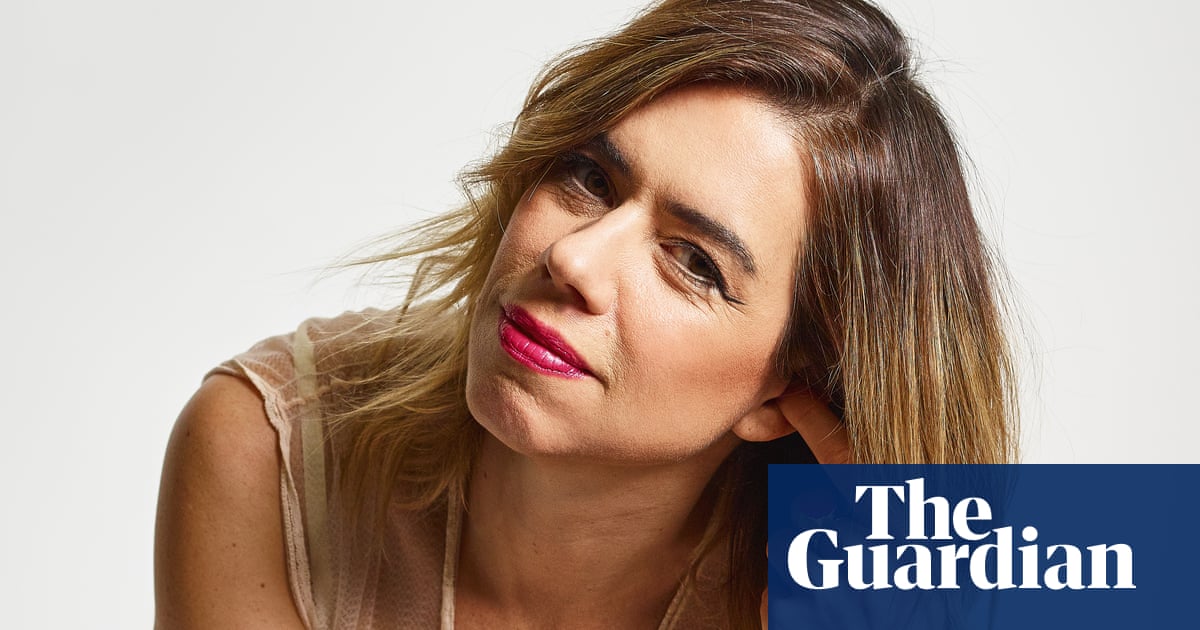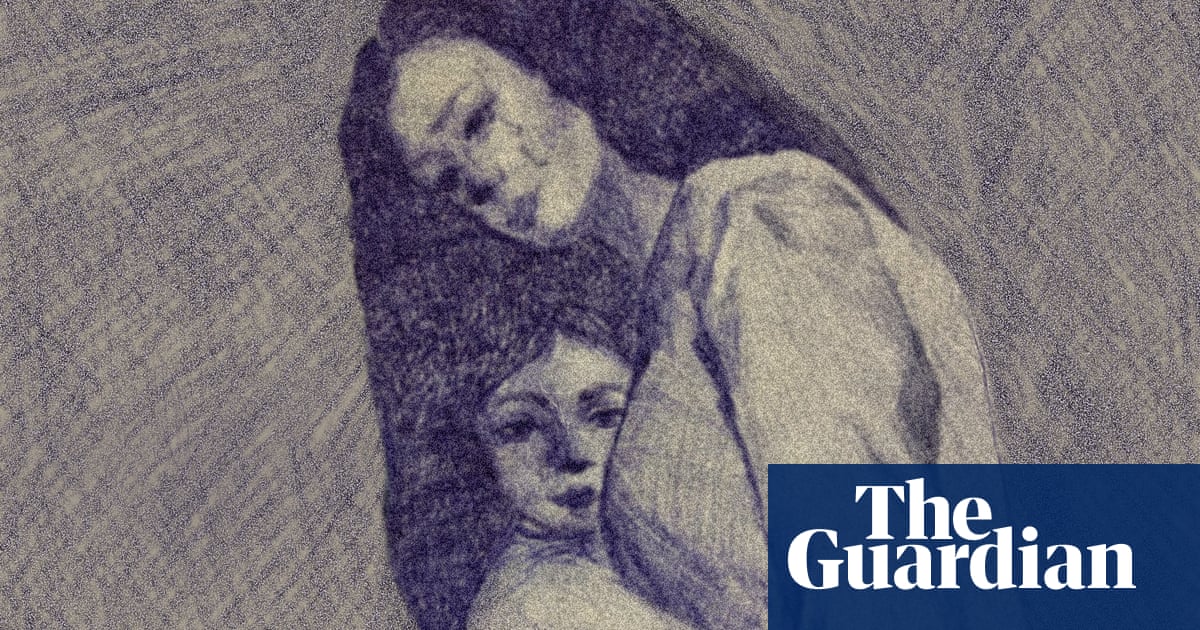
In late November 2007, Carl Cox’s DJing career was over – or so he thought. A few days earlier he had played a set at a festival in Caracas, Venezuela, as part of a tour of South America. The vibe was good and the crowd was bouncing. “I heard all these fireworks go: ‘Bang, bang, bang.’ Everyone was going: ‘Woooo! Yeeaaaah!’” Cox mimics dancing behind the decks. “Then there were more bangs and I thought: ‘Yay, more fireworks!’ But then I looked at the crowd and something was wrong. They were dispersing. I realised: ‘Fuck, that’s not fireworks, that’s gunfire.’”
Two rival gang members had met on the dancefloor and begun shooting. Cox got down on the floor and crawled to a backstage locker room where he and his tour manager barricaded themselves in. After an hour, they were escorted out to a car, past scores of police vans and ambulances. Four people had died and nine were injured. “Seeing people shot on the dancefloor and dying in front of me, blood everywhere …” Cox says, rubbing his eyes. “One minute we were having the time of our lives and the next we were cowering for our lives.”
The next day, Cox got on a plane and went to stay with his parents in Barbados. His first impulse was to retire. “All I knew was that people had died at a Carl Cox event. I thought: I don’t want to do this any more,” he says. But then he began to think of those who had booked to see him and the joy his music inspired. After a week, he decided to continue with the tour, but with added metal detectors. (Someone suggested he have an armed guard. He told them: “More guns? Are you nuts?”) The first night back on stage was tough and he kept having flashbacks. “But the crowd got me through it. You could feel the love and support, and that allowed me to do the next party and the one after that. With every set, it got a little bit easier.”
We are sitting in Cox’s garden in Hove on a rare sunny day, the sea twinkling in the distance, talking about his forthcoming memoir, Oh Yes, Oh Yes! Along with the Venezuela tragedy and Cox’s subsequent return to the stage, it chronicles his early life in Carshalton, London (he moved to Brighton in his late teens), his burgeoning love of music and his 40-year DJing career, which helped kick off the UK’s house and techno scene. The book relives some of his most famous performances: Berlin’s Love Parade, Stonehenge, the Houses of Parliament, a nine-hour set at Space in Ibiza. At the turn of the millennium, Cox DJd at Bondi beach, in Australia, before hopping on a plane to Honolulu, Hawaii, the time difference allowing him to play both sets at midnight. “When I tell people my story, lots of them don’t believe me. I end up going on Google and saying: ‘Look! See? What did I tell you?!’”
Cox, 59, has only been back in the UK for a week, having spent the past 18 months on Mornington peninsula, near Melbourne, where he has a farmhouse and studio. He usually spends the winters there but, when Covid arrived, he bedded in for the duration. Never one to sit still, he launched Carl Cox’s Cabin Fever, a series of DJ sets livestreamed from his garage – “just me in my shorts and slippers” – and started cooking, posting online videos of his attempts at banana bread, cottage pie and leek and potato soup. His social media went crazy. “Put out a new record and – pfffffff – tumbleweed. Bake a cake and the numbers go through the roof,” he hoots.
Cox started DJing at the age of 10, inspired by the music he heard at home. He would take a small turntable to school and play records from his dad’s collection at breaktimes (one Cabin Fever set was dedicated to his father, who died from Alzheimer’s during the first lockdown). By 14, he was going out clubbing, funding his nights out with milk rounds and cutting his neighbours’ hedges. Ever the entrepreneur, he began assembling his own sound system out of discarded speakers and amps, and hiring it out to people on the agreement that he could do a warmup set. By the time he left school at 16, he was working simultaneously as a supermarket shelf-stacker, a scaffolder and a fledgling DJ.
Cox remembers playing Chip E’s Time to Jack, shipped over from Chicago, at the end of a funk, soul and disco set in 1986. “It cleared the dancefloor, he says. “Everyone gone! [But] to me, this sound was the future. I’d never heard anything like it.” Later, he got to know the DJ Danny Rampling, who had hired his soundsystem. Rampling was one of the Ibiza Four, a quartet of DJs who also included Paul Oakenfold, Nicky Holloway and Johnny Walker, who had a collective epiphany while listening to the Balearic DJ legend Alfredo play on the Spanish island. They came back determined to recreate the experience in London and the result was Shoom, the Southwark club night credited for kicking off the UK acid house craze. At Rampling’s invitation, Cox played the opening night. “At the time it felt like a small subculture,” he says. “Nobody knew the extent of where it would end up. I thought: ‘Maybe we’ll get four or five years out of this.’ It would be like punk, which came in and went out. I was sure this music would do the same.”
Cox became known as the “three-deck wizard” after he began dropping tracks on a third turntable, which was originally meant as a spare. He worked hard. On a given evening, he would drive to Manchester then to Doncaster, then Bedford, and back home. “I got through a lot of cars,” he laughs. He immersed himself in the illegal rave scene and loved the magical mystery tour that was trying to find out where the party was. He went out of his way to give the police, who were forever on his tail, the runaround. For a while, he had two identical vans: “One went one way, and the other one went the other. My phone used to get tapped, too. You’d hear this click on the line. So we’d talk about going to Devon, ring off and then use burner phones where we’d be, like: ‘So the party’s in Kent’.” At one point, in an elaborate plan to bust drug dealers, the police put on a party of their own and, unbeknown to Cox, hired his soundsystem and him as a DJ. By the time the undercover officers stopped the party and searched the attenders, there were no drugs to be found. Cox and several others nonetheless spent the night in jail. On appearing in court on the Monday morning, the charges were thrown out. “Still, the local paper had ‘Carl Cox, kingpin of the acid house scene’ as their headline,” he tells me. “They said I was handing out pills while DJing. I was, like: ‘Whaaat?’”
After that, Cox decided to turn his DJing into a proper business, complete with contracts, licenses and tickets. After the 1994 Criminal Justice Act brought an end to free parties, he reverted to playing clubs which were now operating all night. Cox maintains going legit didn’t dilute the scene – “You went to Cream in Liverpool and it was a rave,” he exclaims. Meanwhile, the growth of the festival scene meant dance acts and DJs were welcome, and punters could still party outdoors.
All these years later, Cox is confident that the dance scene will continue to evolve, even after the pandemic. “It will go on,” he says. “People are going to have to decide: ‘Am I going to get a jab and go to that club, or am I going to refuse and stay at home?’ I mean, let’s face it, all their mates are gonna be going to that party.” He remains as hardworking as ever and views himself as an ambassador and elder statesman of a scene that long ago exceeded his wildest dreams; he has no intention of slowing down. “Ages ago,” he says, “I told myself that if I have to sit down to play a party, then it’s over. I’m not there yet.”











